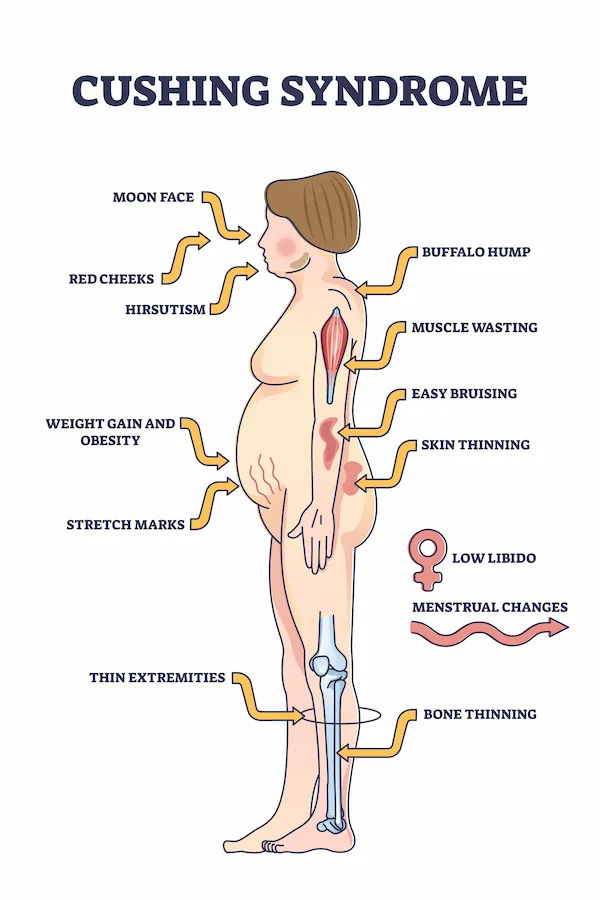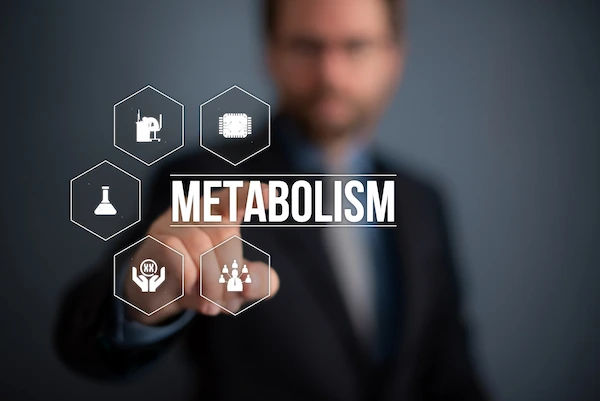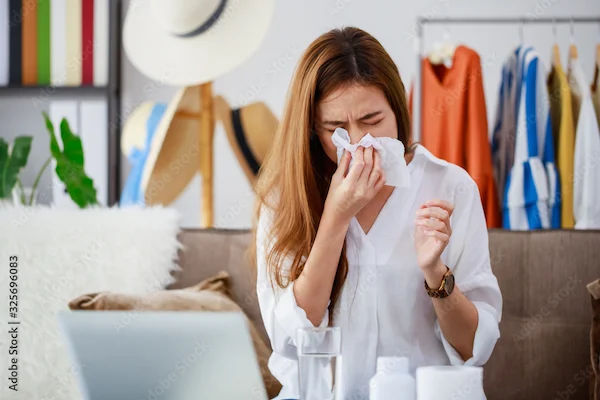How To Reduce Pores?
Struggling with large pores? Learn effective skincare routines, treatments, and lifestyle changes to minimise pores and achieve smoother, clearer skin.

Written by Dr.Sonia Bhatt
Last updated on 13th Jan, 2026

Introduction
Large pores are a common skincare concern that affects people of all skin types. Although pores are essential for the skin’s health, allowing sweat and oil to escape, when they appear enlarged, they can make the skin look uneven or aged. However, there are several ways to minimise their appearance and keep your skin looking smooth and youthful. Whether you're struggling with oily skin, sun damage, or natural ageing, this comprehensive guide will explore everything you need to know about reducing pores.
Why Do Pores Appear Larger?
Pores are tiny openings in the skin's surface, primarily responsible for allowing sweat, oil, and other bodily waste to escape. They also play a crucial role in maintaining skin hydration and temperature regulation. Various factors can cause pores to appear more noticeable. These include:
Excess Oil Production: People with oily skin tend to have larger pores because the skin produces more sebum (oil), which can accumulate and stretch the pores.
Clogged Pores: Dead skin cells, makeup, dirt, and impurities can clog pores, making them appear enlarged and more prominent.
Sun Damage: Prolonged sun exposure damages the collagen and elastin fibres in the skin, causing the skin to lose its firmness and making pores appear larger.
Ageing: As we age, our skin naturally loses collagen, leading to decreased skin elasticity and the appearance of larger pores.
Consult Top Experts for Personalised Treatment
How to Reduce Pores: Effective Solutions
While there’s no way to eliminate pores completely, there are several ways to reduce their appearance and keep them looking smooth and refined. Below are the top strategies, skincare routines, and treatments that can help you reduce pore size.
1. Adopt a Proper Skincare Routine
A solid skincare routine is the first step toward minimising the appearance of large pores. Here's a simple routine you can follow:
Cleansing
The foundation of any good skincare routine is cleansing. Regularly washing your face with a gentle, non-comedogenic cleanser will help prevent excess oil buildup and clogged pores. For oily or acne-prone skin, a cleanser containing salicylic acid or benzoyl peroxide can help keep pores clear.
Pro Tip: Avoid harsh scrubs or overly drying cleansers, as these can irritate the skin and potentially worsen pore enlargement.
Exfoliation
Exfoliating the skin 2-3 times a week helps to remove dead skin cells that can clog pores. Chemical exfoliants containing salicylic acid (a beta-hydroxy acid, or BHA) are especially beneficial for pore control. Salicylic acid penetrates deep into the pores, dissolving oil and debris that can cause blockages.
For those with sensitive skin, consider using a gentler exfoliant like lactic acid (an alpha-hydroxy acid, or AHA), which is milder but still effective.
Toning
Toners help to restore the skin’s pH balance while tightening and refreshing the pores. Look for toners with ingredients like witch hazel, which has astringent properties that help minimise pores. Niacinamide is also an excellent choice as it helps to regulate oil production and reduces inflammation.
Moisturising
Many people with oily skin avoid moisturisers, thinking it will worsen their pores, but hydration is essential. Dehydrated skin produces more oil, leading to clogged pores. Opt for a lightweight, oil-free moisturiser to keep your skin hydrated without adding excess oil.
2. Target Pores with Active Ingredients
There are several active ingredients known for their ability to shrink pores and improve skin texture.
Salicylic Acid
Salicylic acid is a powerful ingredient for those looking to reduce the appearance of large pores. It is oil-soluble, meaning it can penetrate deep into the skin, dissolving the oils and debris that clog pores. Regular use of salicylic acid can significantly minimise the look of pores over time.
Retinoids
Retinoids, such as retinol and retinoid prescription formulas (like tretinoin), are known for their ability to boost collagen production and speed up cell turnover. This can improve skin texture, refine the look of pores, and reduce wrinkles. Retinoids are especially helpful for ageing skin, as they help maintain the skin's firmness and elasticity.
Niacinamide
Niacinamide, a form of Vitamin B3, is another ingredient that can help reduce pore size. It works by regulating the production of sebum, keeping pores from becoming clogged. Niacinamide also helps improve skin elasticity, which can make pores appear smaller and less noticeable.
Clay Masks
Clay masks, especially those containing kaolin or bentonite, are excellent for drawing out impurities and excess oil from the skin. These masks help refine pores and absorb excess sebum, making them an excellent treatment for large pores and oily skin.
3. Sun Protection Is Key
One of the most effective ways to prevent further pore enlargement is by using sunscreen daily. Sun exposure weakens the skin’s collagen and elastin, leading to skin laxity and larger pores. Choose a broad-spectrum sunscreen with at least SPF 30, and make sure to apply it every morning, even on cloudy days or indoors.
Pro Tip: Consider using a mattifying sunscreen to control shine and help with oil production.
4. Professional Treatments for Pore Reduction
If your pores remain stubborn, consider exploring professional treatments to help minimise their appearance.
Microdermabrasion
Microdermabrasion is a non-invasive treatment that exfoliates the outermost layer of the skin, removing dead cells and promoting a smoother texture. This treatment can be particularly effective for those with large pores caused by sun damage or ageing.
Chemical Peels
Chemical peels use various acids to exfoliate the skin deeply, targeting clogged pores and improving skin texture. These peels can reduce the appearance of pores by removing the debris and dead skin cells that make them appear larger.
Laser Treatments
Laser treatments such as Fractional CO2 lasers or picosecond lasers stimulate collagen production in the deeper layers of the skin. This can help tighten the skin, reduce pore size, and improve skin elasticity.
5. Healthy Lifestyle Habits
A balanced lifestyle contributes to the overall health of your skin. Here are a few habits to adopt for better pore management:
Diet
Eating a healthy diet rich in fruits, vegetables, and whole grains can support your skin’s health. Avoid overly oily or processed foods that can lead to excess sebum production. Foods rich in antioxidants, such as berries, nuts, and green leafy vegetables, can also promote healthy, glowing skin.
Hydration
Staying well-hydrated helps maintain skin moisture and elasticity. Drinking plenty of water each day will help keep your skin plump and less likely to produce excess oil.
Avoid Sleeping With Makeup
Sleeping with makeup on is one of the quickest ways to clog pores. Always remove makeup before bed using a gentle makeup remover or cleansing oil to ensure your pores are clean.
Conclusion
Reducing the appearance of pores involves a proper skincare routine, effective ingredients, and healthy lifestyle habits. Though you cannot completely eliminate pores, the right approach can minimise their size and improve skin texture. Key steps include regular cleansing, exfoliating, toning, and moisturising. Using ingredients like salicylic acid, retinoids, and niacinamide can help reduce pore size, while protecting your skin with sunscreen prevents further damage. Professional treatments such as microdermabrasion, chemical peels, and laser therapy can also offer noticeable results for persistent pore concerns. Consistency and patience are essential in achieving the best outcomes.
Consult Top Dermatologists
Consult Top Experts for Personalised Treatment

Dr. Kaushiki Hajra
Dermatologist
5 Years • MBBS,MD(D V & L)
Kolkata
VDC Clinic, Kolkata
(75+ Patients)

Dr. Sushil Singh
Dermatologist
6 Years • MBBS, MD Dermatology, Venerology & Leprosy
Kolkata
MCR SUPER SPECIALITY POLY CLINIC & PATHOLOGY, Kolkata

Dr. Somshukla Ray
Dermatologist
10 Years • MBBS, MD (Dermatology,Venerology & Leprosy), DNB (Dermatology,Venerology & Leprosy)
Kolkata
MCR SUPER SPECIALITY POLY CLINIC & PATHOLOGY, Kolkata
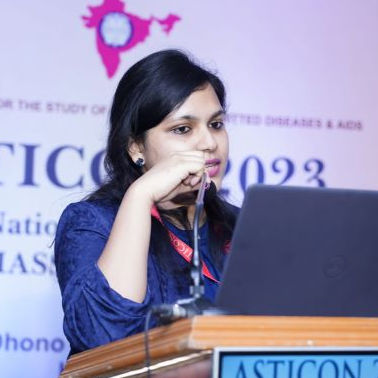
Dr. Kaushiki Hajra
Dermatologist
5 Years • MBBS, MD Dermatology, Venerology & Leprosy
Kolkata
MCR SUPER SPECIALITY POLY CLINIC & PATHOLOGY, Kolkata

Dr. Sonal Jain
Dermatologist
9 Years • MBBS, MD Dermatology, Venerology & Leprosy
Kolkata
MCR SUPER SPECIALITY POLY CLINIC & PATHOLOGY, Kolkata
(25+ Patients)
Consult Top Dermatologists

Dr. Kaushiki Hajra
Dermatologist
5 Years • MBBS,MD(D V & L)
Kolkata
VDC Clinic, Kolkata
(75+ Patients)

Dr. Sushil Singh
Dermatologist
6 Years • MBBS, MD Dermatology, Venerology & Leprosy
Kolkata
MCR SUPER SPECIALITY POLY CLINIC & PATHOLOGY, Kolkata

Dr. Somshukla Ray
Dermatologist
10 Years • MBBS, MD (Dermatology,Venerology & Leprosy), DNB (Dermatology,Venerology & Leprosy)
Kolkata
MCR SUPER SPECIALITY POLY CLINIC & PATHOLOGY, Kolkata

Dr. Kaushiki Hajra
Dermatologist
5 Years • MBBS, MD Dermatology, Venerology & Leprosy
Kolkata
MCR SUPER SPECIALITY POLY CLINIC & PATHOLOGY, Kolkata

Dr. Sonal Jain
Dermatologist
9 Years • MBBS, MD Dermatology, Venerology & Leprosy
Kolkata
MCR SUPER SPECIALITY POLY CLINIC & PATHOLOGY, Kolkata
(25+ Patients)
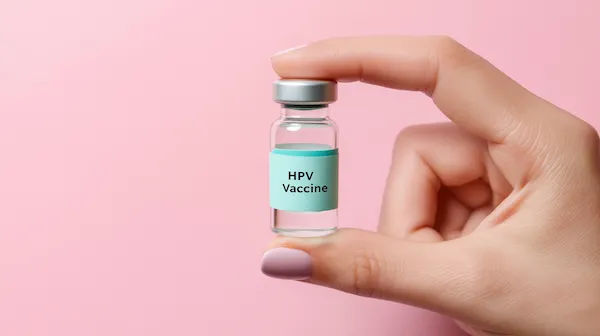
.webp)
